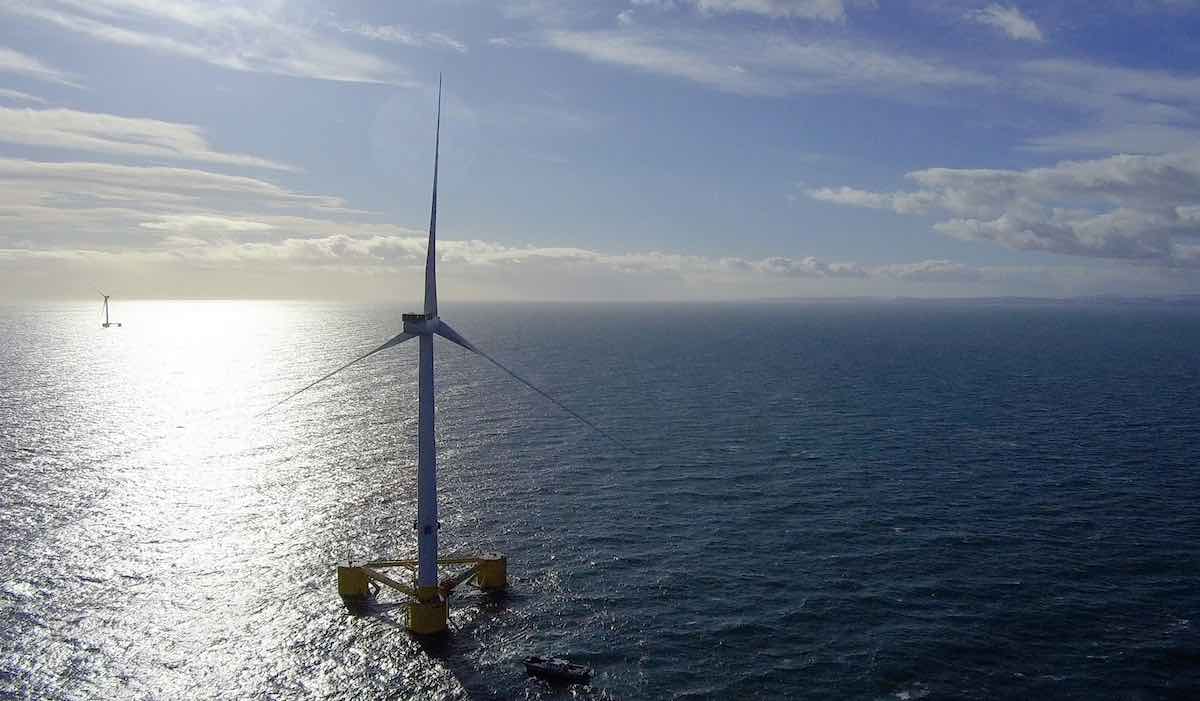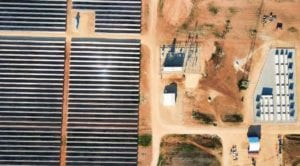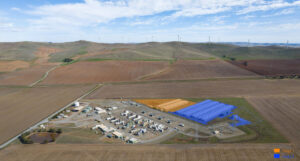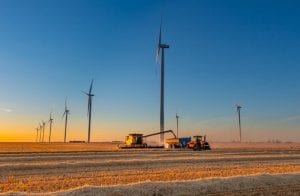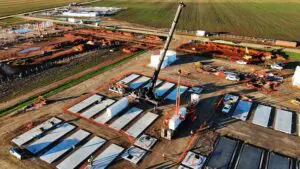Canadian renewable energy and battery developer Amp Energy has announced it will build two 400MW, two hour battery storage facilities in central Scotland which, upon operation in 2024, will be the two largest grid-connected battery storage facilities in Europe.
Amp Energy, which has plans for massive solar and battery hubs in South Australia, said this week it had received planning consent from the Scottish government to build the two battery units, which will provide grid stability services and power management across the central belt of Scotland – which includes cities like Glasgow and Edinburgh.
The two 400MW/800MW battery projects – to be located in Hunterston and Kincardine, on opposite sides of the country, will utilise Amp’s proprietary AI-powered digital energy platform, Amp X to optimise the dispatch of power to the grid.
The primary focus of the two batteries will be to store and manage the dispatch of renewable electricity generated from Scottish wind farms, and comes within days of the announcement of nearly 25GW worth of offshore wind and floating wind licences awarded in the latest leasing round.
“The UK electricity grid is in the process of transitioning to a greener net-zero market,” said Amp’s co-founder and chief investment officer, Paul Ezekiel.
“This has only been accelerated with the recently awarded addition of 25GW of offshore wind licenses as part of the ScotWind offshore wind leasing program.
“Amp’s development of strategically located transmission-connected utility-scale batteries is helping the GB transmission network operator to provide UK citizens with a stable and secure carbon free electricity system.”
Amp Energy said its battery facilities across Scotland will enable up to 1,750GW-horus per year of additional renewable energy to be generated in Scotland, the equivalent of enabling approximately 500MW worth of new offshore wind capacity.

